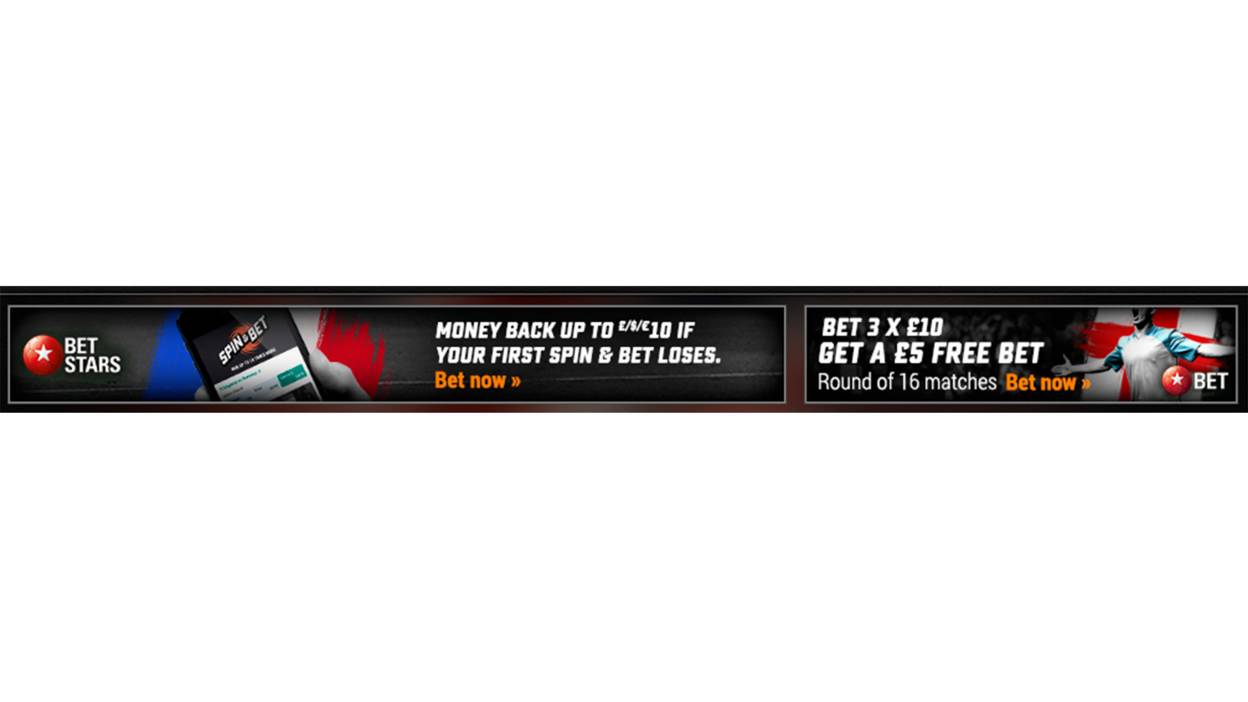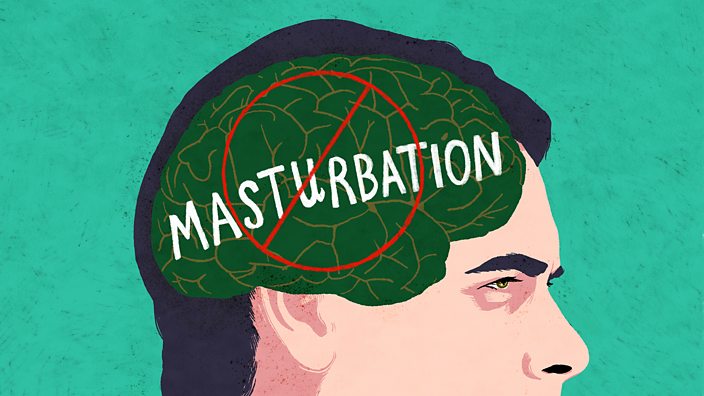 iStock
iStockWatchdog On Three: Banned - the misleading online gambling ads
This summer of sport might have seen team GB bag more golds than ever before but it’s a big thumbs down to some advertisers who would encourage us to bet on the outcomes.
The past couple of months have seen several firms receive red cards from the Advertising Standards Authority, whose job is to make sure companies act responsibly when they try to get us to spend.
Of course Watchdog will always tell you to read the small print before parting with your cash, but here’s a run down of some of the firms who have not been playing fair with their advertising in recent months.
Betting giant Ladbrokes has been in trouble with the ASA twice in a fortnight. They were rapped for this on-line promotion, which appeared in the news section of the Ladbrokes website in June:
 Ladbrokes
Ladbrokes
And this email, which was sent out to registered customers in May:
 Ladbrokes
Ladbrokes
Both ads have now been banned following complaints. The Iron Man advert was canned because it was judged to appeal to children (a big no-no in gambling ads) and the England vs Wales ad was stopped for being misleading because it omitted to say that part of any winnings would be paid in free bet tokens – rather than in pure cash.
Ladbrokes said that while people would see info about this in the T&Cs when they signed up, they agreed that it should have been said in the ad too - in future they promised these details would be included in the ad itself. They said that the Iron Man Ad was only sent out to people over the age of 18 and that they thought marvel comics mostly appealed to adults.
At the start of the year Lucky Pants Bingo sent out this text message.
 Lucky Pants Bingo
Lucky Pants Bingo
The message, which was distributed in February, offered “100 free spins”. But the person who reported the ad to the ASA said they entered the code but only got a 200% bonus, and din't receive any free spins at all. What the ad didn't tell them was that the offer was available only to people making their first deposit, and that a minimum of £10 must be put down.
Lucky Pants said that there was some confusion because that particular customer had more than one account registered to their phone number but they said that they would now point people to T&Cs.
 Betstars
Betstars
This banner ad for Betstars appeared on an account holder’s home page in June offering up to ten Pounds/Dollars/Euros if your first bet loses. But it was another one where you’d have to go through the T&Cs to get the full story.
The person who complained said that the ad was misleading because it didn’t tell you that the refund you'd get back if you lost was in the form of free bets.
Betstars said that anyone clicking through the banner would be taken via the relevant T&Cs that explained exactly how you could get your stake money back. It said an error meant that that this wording hadn’t appeared in this ad and that they would change their advertising for future promotions.
 Betway
Betway
This ad which appeared on the Betway website in June got them in trouble because it wasn't clear that to get the free bet of £30 customers had to put down the same amount. The company agreed but, once again, said that full info was in the T&Cs. They said they had now amended the ad to make clear that it was for a matched bet and would take steps to ensure this didn’t happen again.
 Matchbook
Matchbook
Betting website Matchbook sent out an email in June offering a ‘risk free’ bet. But they got into hot water after someone complained that they didn't get a refund when their bet lost.
It turned out the company was offering a refund after all, but said a mistake made it appear that you needed to make more bets in order to claim the refund. This wasn't what was explained in the T&Cs.
Top Tips
If there's one lesson from all this, it's to read the Terms and Conditions before you take up any tempting offers. But if you really must, here are some tips from Gamble Aware to help make sure your gambling doesn't become a problem.
- Don't think of gambling as a way to make money
- Only gamble with money you can afford to lose
- Set a money limit in advance
- Set a time limit in advance
- Never chase your losses
- Don't gamble when you're depressed or upset
- Don't take your bank card with you
- Take frequent breaks
- Don't drink or use drugs when gambling
To find out more visit Gamble Aware
This article was first published on Wednesday 31 August 2016











